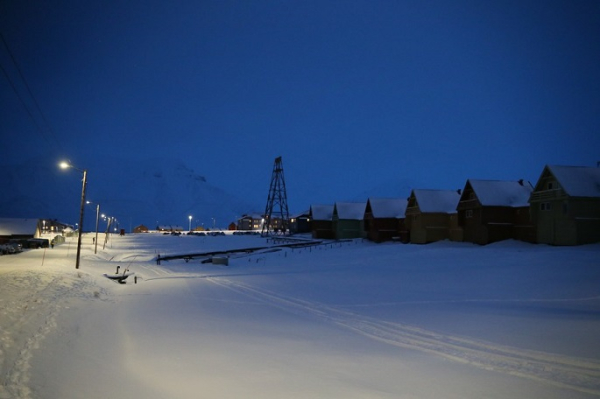
Rapid sea ice loss could shrink the bowhead whale's summer foraging habitat in the Arctic by up to 75 percent by the end of the century, the University of Adelaide said on Thursday, reported Xinhua.
Using fossil records, whaling logs, and advanced computer models, Australian and Danish scientists found that climate change poses a serious threat to bowhead whales, one of the Arctic's most iconic marine mammals, according to a press release from the University of Adelaide.
The international study led by researchers from the University of Adelaide and the University of Copenhagen analyzed 11,700 years of ecological data to understand how bowhead whales have historically responded to climate shifts, which found that bowhead habitat remained stable for millennia, until now, the release said.
"Bowhead whales have preferred to forage amongst sea ice for many millennia," but as Arctic sea ice rapidly declines, the whales are losing critical habitat, said lead author Nicholas Freymueller from the University of Adelaide's Environment Institute and the University of Copenhagen's Globe Institute.
The Sea of Okhotsk, home to one of only four remaining bowhead populations, is projected to lose all viable summer habitat by 2060. By 2100, only a few fragmented habitats will remain, mostly outside the whales' current range, according to the study published in the online journal Ecology and Evolution.
This projected habitat loss will directly affect how and where conservation efforts can be targeted in the future, said Professor Eline Lorenzen from the University of Copenhagen.
Bowhead whales are still recovering from centuries of commercial whaling, and their plight reflects the broader threats facing Arctic marine life as global temperatures rise, the researchers warned, adding it highlights the urgency of conservation planning before more habitat is lost.
- Sea
- Ice
- Loss
- Whales
- Arctic
Source: www.dailyfinland.fi
